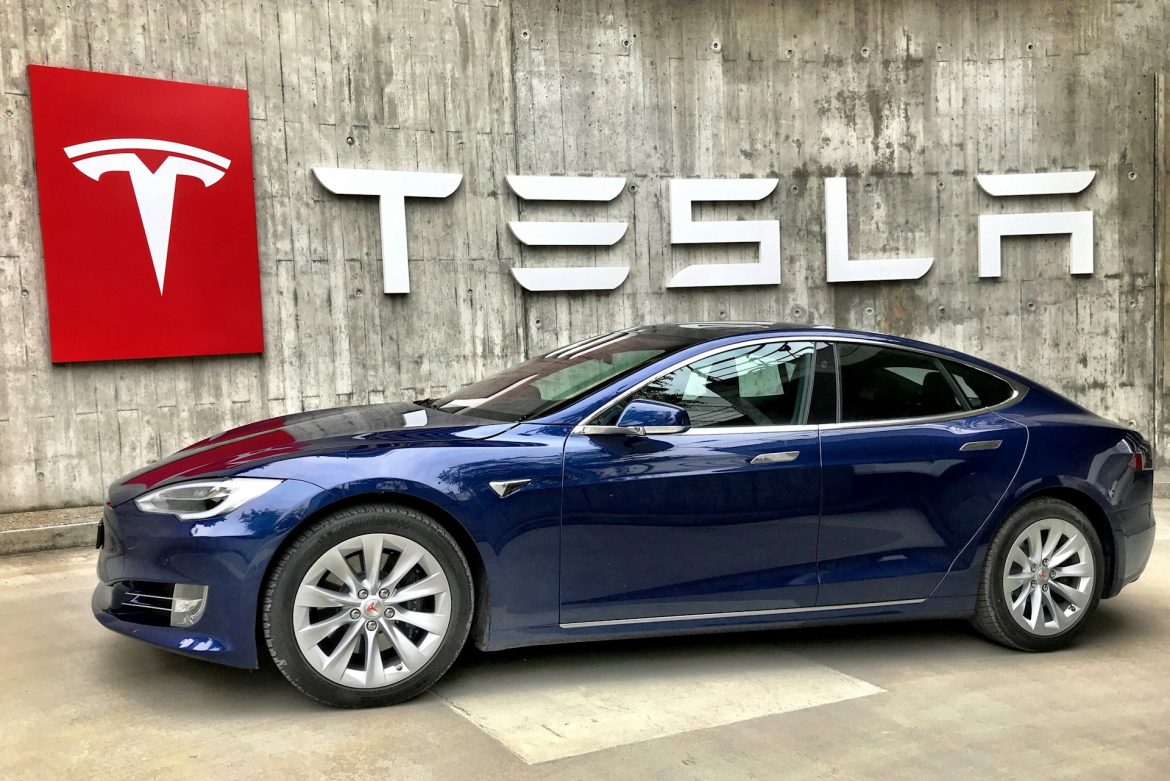In a significant court ruling, a Delaware corporate law court declared Elon Musk’s 2018 remuneration plan, valued at up to $55.8 billion, as improperly awarded. The court stated that the governance process supporting the Tesla share grants was “unfair” to ordinary shareholders, particularly highlighting the personal ties between Musk and the then-general counsel of Tesla.
The court emphasized that the personal relationship between Musk and Tesla’s general counsel raised concerns about whose interests the lawyer was ultimately representing. Elon Musk, known for his unconventional approach to corporate matters, was ordered to return the shares related to the contentious pay deal.
Key factors contributing to the court’s decision included the exorbitant amount of the pay deal, which was 250 times the relevant median benchmark for chief executives. The court’s judgment on what constitutes appropriate remuneration for a successful public company CEO stirred controversy and intrigue within the corporate world.
The board’s lawyer defended the pay deal, highlighting that for Musk to receive the full amount, Tesla had to achieve challenging operational and financial targets. Additionally, Tesla’s remarkable growth in value, reaching $600 billion, was cited as a justification for Musk’s compensation, amounting to only 6% of the company’s outstanding stock.
The court argued that Tesla, even with Musk’s substantial ownership stake, should have negotiated with him as if with an arms-length counterparty. The judge emphasized Musk’s significant personal gain with every increase in Tesla’s equity value, questioning the need for such incremental dilution imposed on public shareholders.
Despite the court’s ruling, Tesla’s shareholders had ratified the Musk deal in 2018. The company’s market capitalization soared from $60 billion in 2018 to over $500 billion today, reaching as high as $1.2 trillion in 2021. The court, however, concluded that the board’s failures rendered the shareholder vote meaningless.
Ironically, Musk, having recently sold billions to buy Twitter, is now facing the prospect of his $55 billion share pile returning to the company if his appeals fail. The Tesla board argued in court that private equity firms often took more significant portions for remuneration compared to Musk.
The analogy to private equity practices may shed light on Musk’s unsuccessful attempt to execute a management buyout in the past, drawing regulatory scrutiny. As Tesla remains a publicly listed company, Musk might find himself defending against shareholders displeased with the intricacies of his compensation deals.
